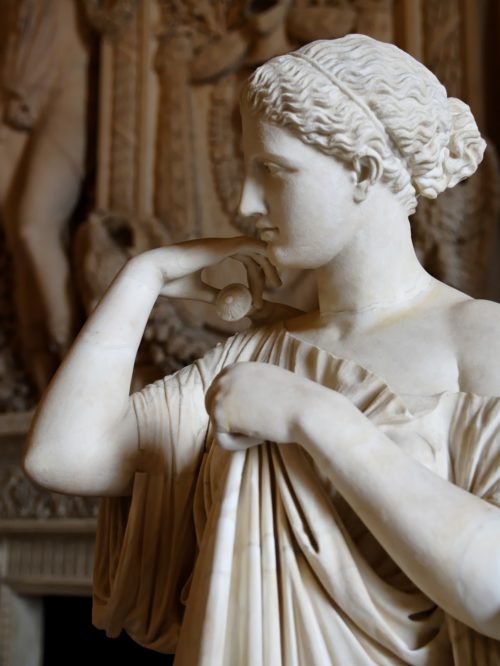I spent a few months re-reading Plato’s Republic with two friends, one a mathematician and the other a writer of fiction. I’ll write in due course about the mathematical and literary issues that arose; they were the most interesting topics we found. But it was necessary at first to get past some political hurdles. One of them was what might be called the ghost of Karl Popper and his 1945 book The Open Society and Its Enemies.
In it Popper associates fascism and totalitarianism – ideologies that yield what he calls “closed societies” – with some ideas that are ultimately traceable to Plato (and to an extent to Aristotle, whom Popper also subjects to a lot of criticism): holism, essentialsm, and historicism.
Holism, roughly, is the idea that the whole is prior to the parts, that the parts depend on the whole, and that the function of the parts is to constitute the whole. As applied to political theory, this means that state is prior to the individuals in it and that the latter exist to serve the former.
According to Popper, this doctrine is expressed in Plato’s concept of justice, namely a well-functioning state. In Plato’s ideal city, everyone contributes to the state in ways to which they are best suited.
Essentialism is the idea that knowledge consists of an understanding of the unchanging and often hidden reality that is responsible for what we seem to observe in the empirical world. This is Plato’s idea of the Forms, which are discovered by rational inquiry not empirical observation. Continue reading

